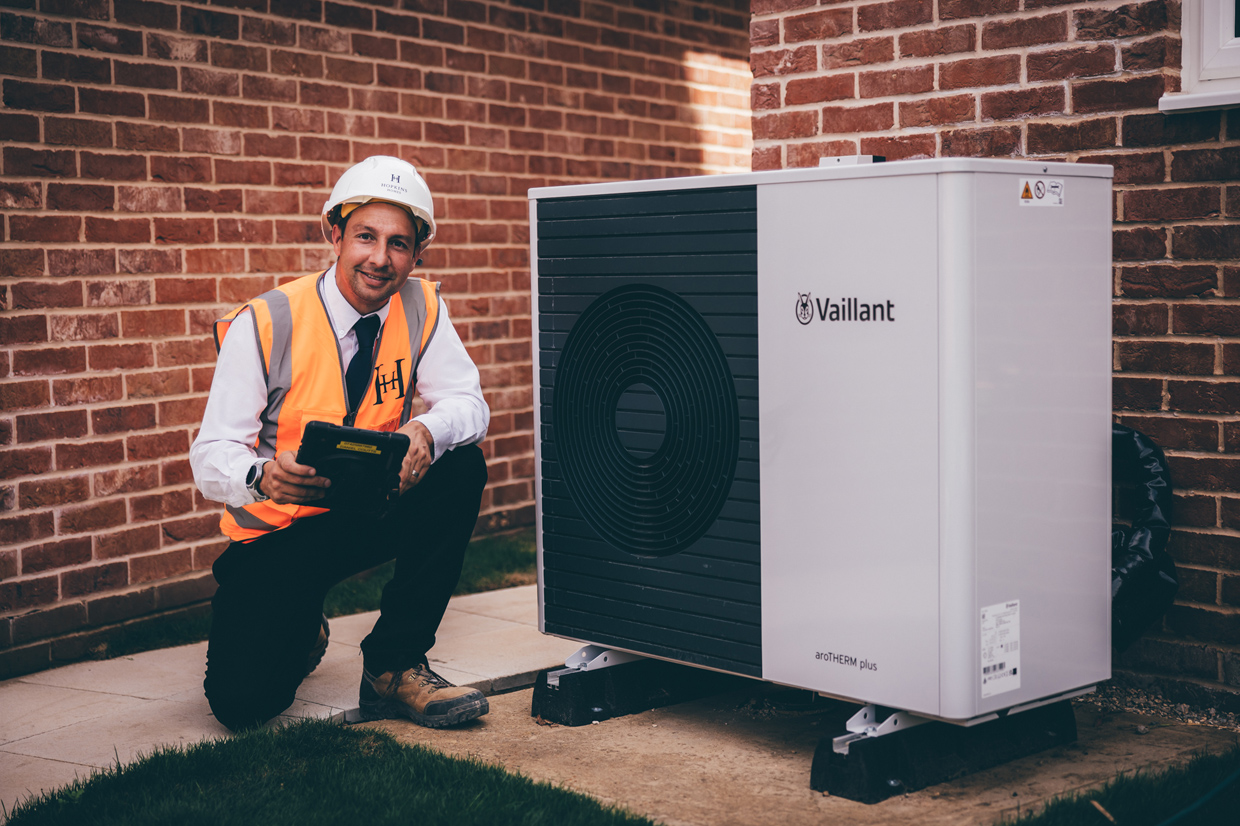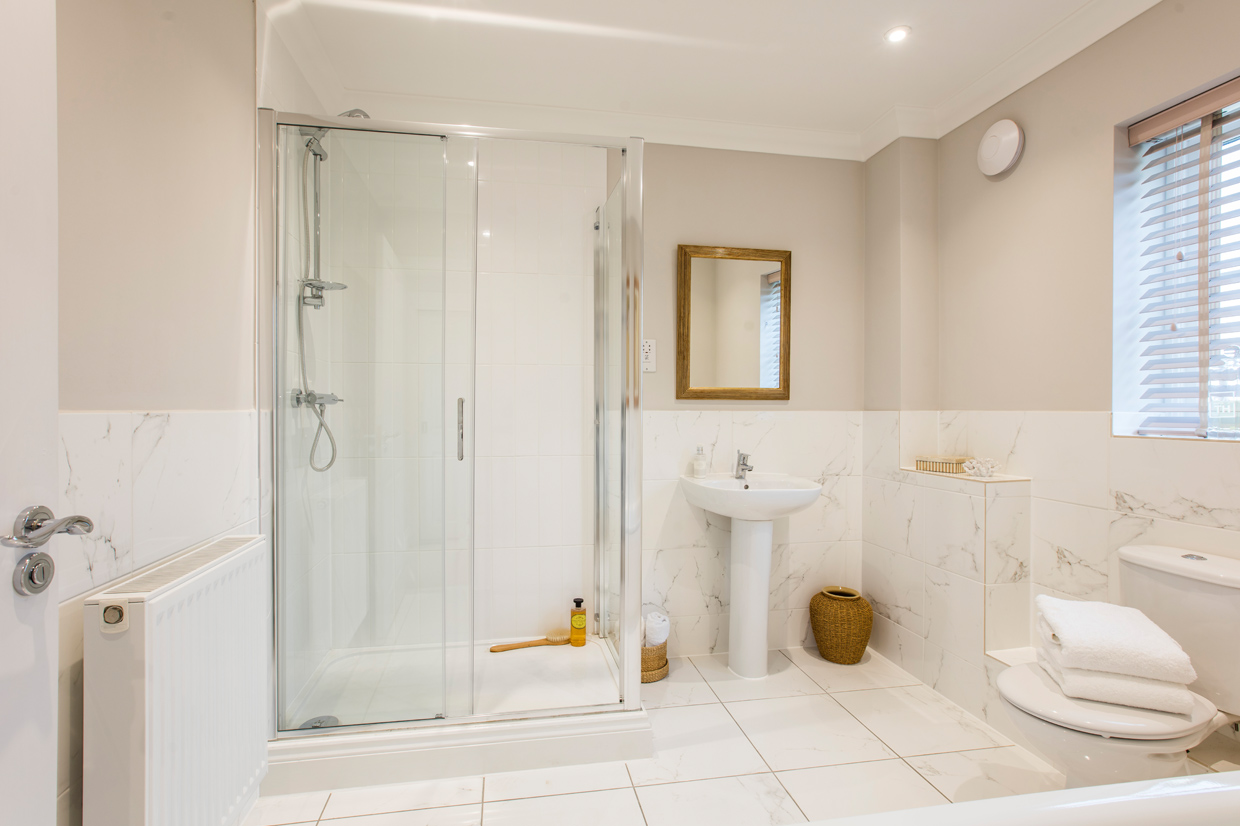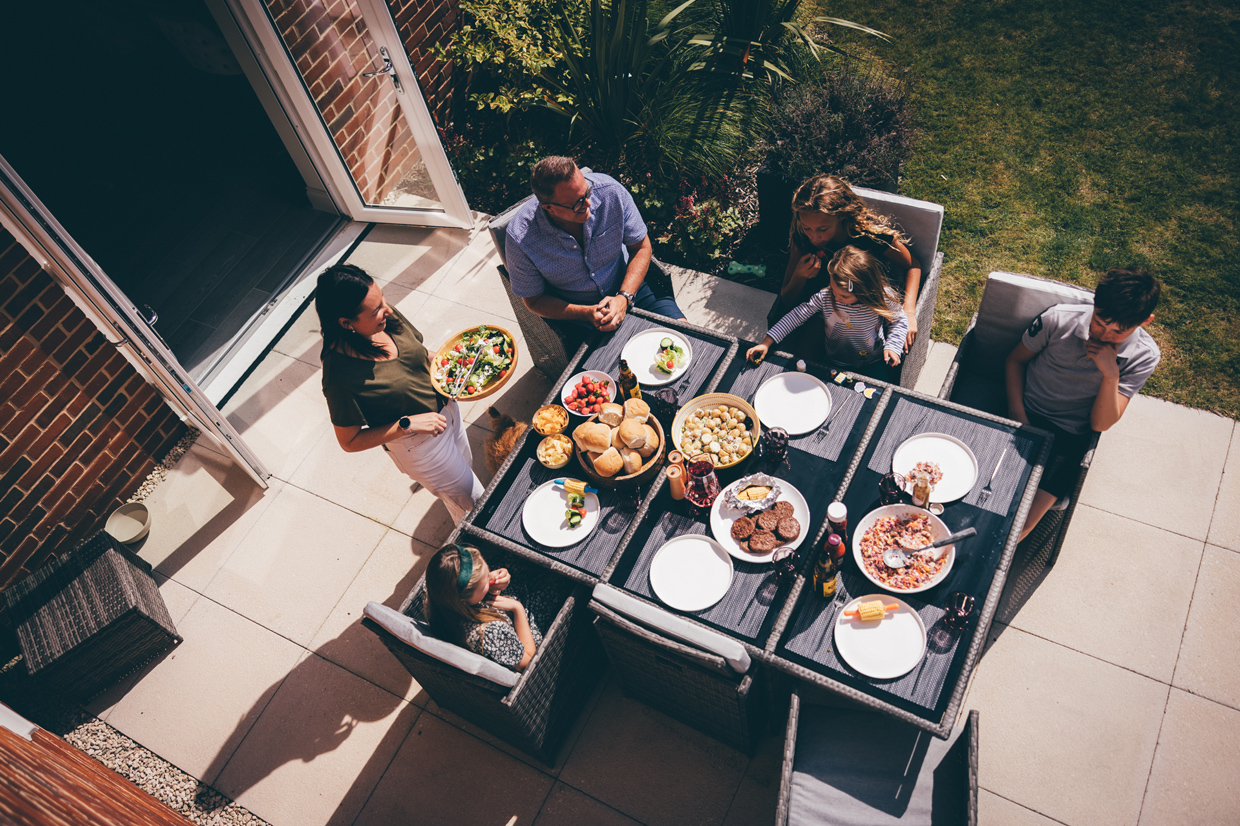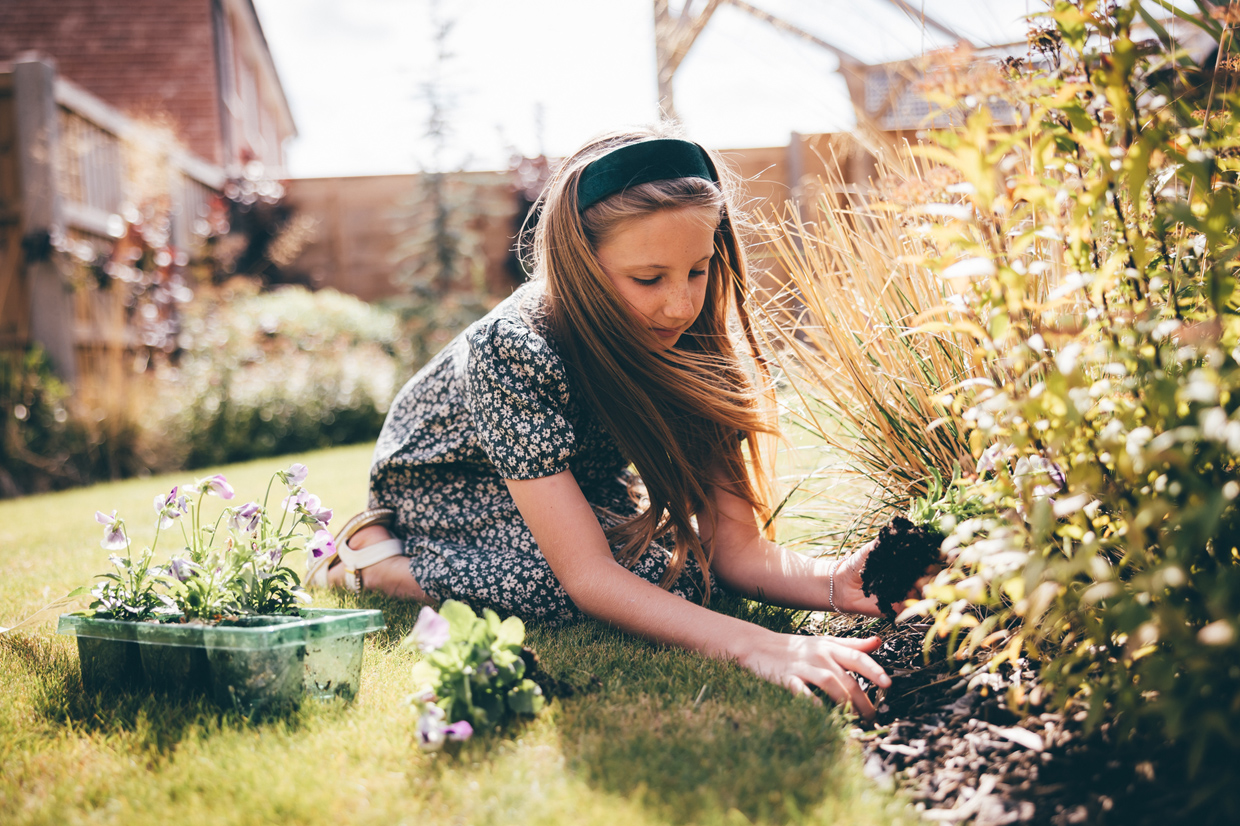5 Simple Tips for a More Sustainable Household
If you’ve been wondering how to lead a more eco-friendly life, there are plenty of easy-to-action things you can do to make your household more sustainable. We’ve gathered together a few top tips to help you reduce your home’s environmental impact, while saving you money on your bills.
Tip 1: Embrace Energy Efficiency
At Hopkins Homes, we’re literally building in energy efficiency. Explore our new homes at Church View, which combine green tech devices with a Zero Bills tariff from Octopus for a truly sustainable lifestyle.
New build homes are typically energy efficient; however, there’s always more you can do to lower your bills and improve your green footprint. Simple switches like changing to LED light bulbs can make a real difference.
Consider Energy Efficiency Ratings When Buying Appliances
When you’re buying new white goods, take a look at their energy efficiency ratings. A highly rated appliance will use less electricity and/or water, and this doesn’t just apply to large kitchen goods like dishwashers and fridges. Check out smaller items like kettles and toasters, and even TVs have different ratings (OLED TVs are generally the most energy efficient).
Power Down Electronics When Not in Use
Watch out for the “energy vampires”. While a modern TV left in standby mode or a smartphone charging overnight don’t individually use a huge amount of energy, the more you have plugged in, the higher your usage will be. Before you go to bed tonight, take a tour of your home and see just how many items are unnecessarily plugged in or sitting on standby. Switch things off fully when they’re not in use: that small bit of energy on your part will soon make a difference to your energy usage. A smart meter is an easy way to keep an eye on things.

Tip 2: Conserve Water Wisely
Like electricity bills, water bills have also risen, leading many of us to reconsider how we use water. At Hopkins Homes, we often use a waste water heat recovery system to capture the heat from warm wastewater to preheat cold water entering the water heater. However, wherever you live, you can still make a difference. Water butts in your garden harvest water for non-potable tasks like plant watering and car washing. Some water suppliers give water butts away for free – check your local provider’s website.
Shorten Shower Time (Even by a Minute!)
A typical shower uses less water than a bath, so you’re already winning by choosing to take a shower. While we’re not suggesting compromising your hygiene routine, most of us could save even more water by shortening our showers by a minute or so. Pick up a waterproof egg timer and stick it to your shower wall – you’ll be surprised by how much faster you can wash when you’re thinking about it.
Don’t Let Money Drip Down the Drain & Fix Your Taps
Dripping taps and leaky loos can end up wasting litres of water a day. A new tap or a visit from the plumber will have an initial cost, but it will ultimately save you money. It’s not always easy to spot a leak in your loo; however, you can get toilet leak detection strips that stick to the back of the pan. Again, your local water supplier may send you some free of charge.

Tip 3: Reduce, Reuse, Recycle
Recycling household waste is becoming easier, with many local councils continuing to improve their roadside recycling offer. However, with a bit of planning, recycling becomes the last resort. If we consume less and reuse more, we won’t be putting as much into those recycling bags and boxes.
Reduce Waste – Plan Meals and Avoid Impulse Purchases
A bargain isn’t a bargain if you don’t really need it. For example, you buy several punnets of past-their-best strawberries because you couldn’t resist the price. Unless you’re extremely organised and make jam that afternoon, you will soon have a glut of overripe strawberries plus their packaging to get rid of. Plan your meals and avoid tempting offers, and if you do overshop, pop things in your (energy efficient) freezer as soon as you can.
Reuse Before You Bin – Get Creative with Old Items
Before you bin or recycle something, ask yourself if it can have a useful life as something else. Our grandmothers would cut up old clothes for cleaning cloths and reuse glass bottles as vases, while smashed plates always ended up as drainage in plant pots. For larger unwanted items, try offering them on Freecycle or local Facebook groups: as they say, “one man’s trash is another man’s treasure.”

Tip 4: Know Your Eco-Friendly Cleaning Products
We’re becoming increasingly conscious of how household chemicals all-too-easily enter our water systems and food chain. Swapping to eco-friendly cleaning brands is a great way to really make a difference to our environment.
The Power of Vinegar and Baking Soda
Vinegar, baking soda, table salt and lemon juice can all be used around the home as alternative cleaning products, and you can add something like lavender essential oil to temper the tang of the vinegar. Friends of the Earth have a great guide to making your own green cleaning products. For example, a simple blend of vinegar, bicarb and water makes an excellent bathroom and kitchen cleaner.
Eco-Friendly Beauty Products
Staying in the bathroom… Think about which beauty brands and products you use. As well as shopping for cruelty-free and chemical-free products, look out for brands that use recycled and recyclable packaging. Switching to shampoo bars cuts down on waste and use make-up removing flannels rather than wipes. From recycled loo roll to bamboo toothbrushes, there’s a lot we can do to reduce waste.

Tip 5: Support Sustainable Brands
We’ve already mentioned the important role brands can play in your eco-friendly household. As well as green cleaning and beauty products, you can choose clothes and bedding from companies that use organic cotton and recycled fibres, and there are a lot of organic food producers to choose from. Research the brands you use: companies with a “B Corp” certification have to meet high environmental criteria to qualify.
Shop Green
“Green shopping” isn’t just about what you buy, it’s about how you shop. If you’re lucky enough to live somewhere with a farmer’s market or small independent shops, you’re already cutting down on your food miles. Supermarket deliveries are actually more eco-friendly than car parks full of individual shoppers, and some stores offer “green delivery slots” at a reduced rate.

Conclusion: Small Steps, Big Impact
If you take away just a few tips from our guide to eco-friendly living, you’ll already be making a difference. As well as reducing your energy and water bills, you’ll also be treading more lightly on our planet and its resources.
Find your dream home with Hopkins Homes. Explore our new build developments to find the perfect space for you.
Feel free to get in touch with any questions, we’re always happy to help!